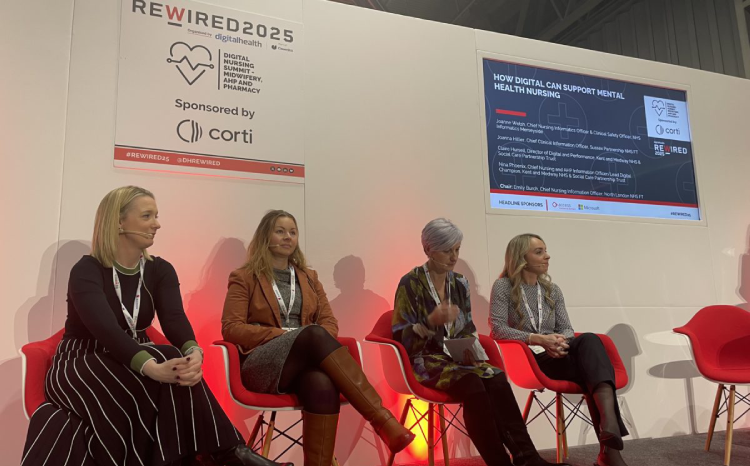Mental health CDMI from EHI Intelligence
- 4 November 2014

EHI Intelligence has launched a new Clinical Digital Maturity Index specifically designed for mental health trusts.
The inaugural CDMI, first published in November last year, included a score and rank for each of the 160 acute NHS trusts in England (now 158).
The new CDMI will act as a benchmarking tool for the 56 mental health NHS trusts, and show their adoption of electronic patient records and related digital healthcare technologies.
At the core of the mental health CDMI is an eight-level model for a hospital’s administrative and clinical systems, using data from the EHI Intelligence database.
Dave Kelsall, the associate mental health lead for EHI Intelligence, said the new index will help to close a gap in knowledge about the technological capabilities of mental health trusts.
“There’s been a massive gap, because the way the NHS is going is all about integrated health which cuts across different boundaries,” he said.
Kelsall, who was the former assistant director of informatics at 5 Boroughs Partnership NHS Foundation Trust, said the CDMI will act as a “baselining exercise” to replicate the effort that EHI Intelligence has put into the acute sector.
“It will give NHS England, the Health and Social Care Information Centre and clinical commissioning groups an idea of what it is like on the ground and the gap between what they have and what they need next.”
Kelsall helped to develop the model for the mental health CDMI, and said it has been customised to take into account the different legislation governing mental health systems.
“You need to be compliant with all the different regulations and legislation around the Mental Health Act, and other bits and pieces… so one of the things we needed to look at is whether the systems are compliant with the legislation.”
Kelsall said there is also a strong focus on mobile and remote access, given that 70% of mental health work takes place in a community setting.
“We want to know if staff can connect to their patient administration system if they’re out in someone’s home, whether they’re doing it through traditional 3G or 4G or, if they’re working in a rural setting, whether they can record information onto the device then sync it with the master system once they’re back at base.”
Karl Grundy, head of EHI Intelligence, said mental health trusts have benefited from the first round of the Nursing Technology Fund and its focus on mobile working solutions.
“The fact that it incorporated remote access means people have got more mobile access in mental health. People have got applications to enable cloud services and remote access to the PAS – so the digital maturity of the market is increasing.”
Kelsall said mental health trusts often feel they are treated as a “Cinderella service” within the NHS, with the same concerns about neglect applying to their IT systems.
“My gut feeling is that the best mental health trusts are only on par with the middle of the acute sector – there’s been a lack of investment and resourcing and manpower.”
Trusts are being encouraged to enter the data themselves to ensure their digital maturity is represented accurately.
There will be a presentation about the new mental health CDMI at EHI Live 2014, which is taking place at the NEC in Birmingham.
Karl Grundy, head of EHI Intelligence, and Dave Kelsall, the associate mental health lead for the research service, will be talking about it in Theatre A at 2 pm today. Grundy will also be providing an update on the acute CDMI at 12.30 pm, and launching a new CDMI website with improved comparison tools.




